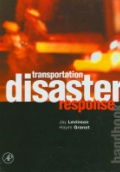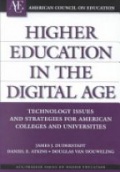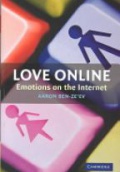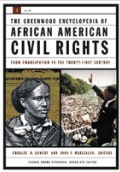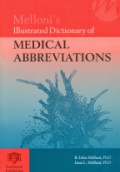
Politics Online: Blogs, Chatrooms and Discussion Groups in American Democracy
ISBN: 0415951933
Vydavatelství: Routledge
Rok vydání: 2005
Nárok na dopravu zdarma
This is a fascinating insight into the state of American society today, showing how the nation talks with itself and what impact the arrival of the internet is making. For years, social scientists, journalists and media critics have lamented the passing of New England style town meetings and the replacement of public settings that allowed for face to face discussions of the political issues of the day by controlled environments such as the workplace and the mall. In addition, much political "conversation" and discussion has not been participated in but overhead through mediated formats such as talk radio or the television talk show. The consequence of these trends has resulted in much hand wringing over the decline of civic engagement, the rise of public apathy, and a lack of deliberation about the political questions of the day. However, there has been much optimism as of late about a new forum of public political conversation that has emerged in the last decade: electronic discussion. Electronic discussion has been touted as a mechanism for true public discourse. It invites participation by the lay person who can now engage in an open political discourse heard potentially by many others. Electronic discussion comes in three forms, all of which most moderately computer literate people are familiar with: electronic bulletin boards, e-mail, chat rooms, and the most talked about as of late, the web log or blog. Despite the growth of various forms of online discussion, their impact on American political life is only beginning to be examined systematically. In "Politics Online" Richard Davis presents a thorough analysis detailing the political attitudes, behaviour, and demographic nature of the electronic discussion community contrasting that community with the general public. He shows how online political discussion at present still lacks representative qualities essential to serve as measures of public sentiment and therefore fails as a credible gauge for charting public opinion. In addition, he will provide a much-needed discussion of the nature of public space one that suggests characteristics of online discussion essential to create the ideal public space originally envisioned by proponents of online discussion.







